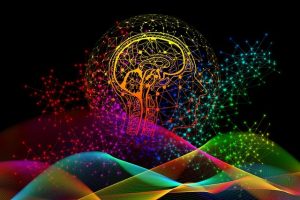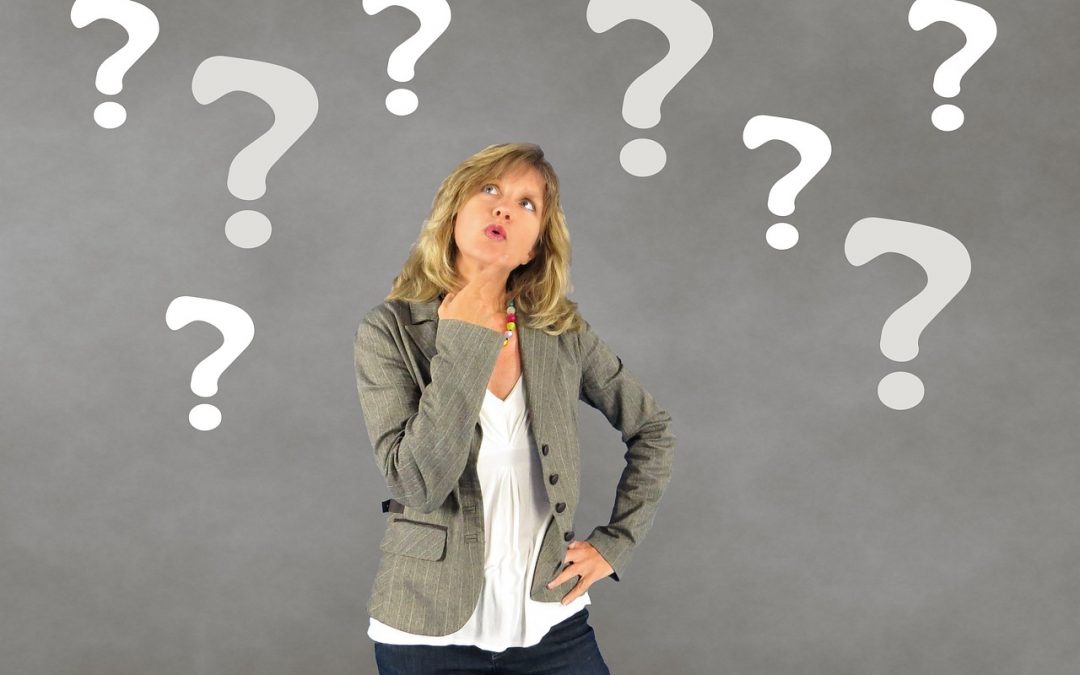 Written by: Jena, The Wellness Resolution 100% (NO Ai was used)
Written by: Jena, The Wellness Resolution 100% (NO Ai was used)
Critical thinking can actually bring about greater happiness! You develop a greater and deeper understanding of the way you think which can help you avoid negative and limiting beliefs. Critical thinking helps people better understand themselves, their motivations and goals (Indeed, 2023). Critical thinking also makes people better at problem solving, making decisions, and it improves relationships through being more open-minded to others views. It has even been shown to boost a person’s IQ and creative thinking abilities.
Find out why critical thinking is an essential skill to have for our health & wellbeing, how to improve it, and barriers of critical thinking.
A recent study by Educational Testing Service of over one-hundred thousand college students found just four percent proficient in critical thinking, and the Stanford History Group’s recently concluded that “young people’s ability to reason about the information the Internet can be summed up in one word: bleak “(Pearlman, 2021).
Critical thinking is not really taught in school settings, and it is not something you just develop naturally, it is something you are taught. Many individuals never learn it. It isn’t helpful that society is trying to influence us in so many ways. We need critical thinking in order to avoid becoming victims of the master manipulators in healthcare, politics, marketing, news, etc., And as I mentioned in my previous blog, our brains are predisposed to give into herding and social proof.
What is Critical Thinking?
Critical thinking is a kind of thinking in which you question, analyze, interpret, evaluate and make a judgement about what you read, hear, say, or write (MONASH UNIVERSITY).
My ability to think critically is a skill I’m very grateful I possess. When it comes to anything in life I want to view all my options before making a decision on what I believe, what I buy, etc. I mean obviously I can’t view all my options all the time, but just enough to feel confident about my decision.
After I write something I question, analyze, and evaluate whether I’m getting my point across in a way that makes sense. A lot of times I will critically think even about things I said in a conversation where I was trying to help someone. I’ve become a natural critical thinker, but anyone can develop and grow it as a skill. My skill to dazzle people with my words verbally is not a skill I possess. It will never be natural, but I’m sure I could do more to improve upon it.
One of the ways critical thinking has benefited me the most is in knowing myself. I have spent a lot of time analyzing the way I think, the way I feel, and the way I act in various situations. I have a really good understanding of how my brain works, how to make it work better, situations to avoid that might be overstimulating to my mind, and so on. This allows me to make better decisions to be mentally happier.
Why is it Important?

Average adult makes about 35,000 conscious decisions each day
Critical thinking is a VERY important skill to possess! People in marketing, sales, healthcare, politics, finances, and every other area, want you to buy or buy into a concept without critically thinking. People want us to buy into something without questioning it, analyzing it, and then making a judgement. This is especially detrimental to our health. There are so many lies being told about what is healthy and what is not. We can make more informed decisions, ask better questions, and determine when we are wrong with critical thinking.
What I love about critical thinking is if you know you did your research (questioned, analyzed) than after you make a decision or judgement, you feel so solid and good about it. There usually isn’t this questioning that comes later… was that right?
It’s estimated that the average adult makes about 35,000 conscious decisions each day. These decisions are often based on past experience or influences around us. Are we opening our minds to different perspectives outside of our general circle of influence?
“When we understand how the world works like a complex lock we can design a key that grants us access to the rooms that we want to explore.” – Julie Coraccio
How Do You Know If You are a Critical Thinker?
From: Eye Level Learning Center:
-
- Critical thinkers are by nature skeptical. They approach texts with the same skepticism and suspicion as they approach spoken remarks.
- Critical thinkers are active, not passive. They ask questions and analyze. They consciously apply tactics and strategies to uncover meaning or assure their understanding.
- Critical thinkers do not take an egotistical view of the world. They are open to new ideas and perspectives. They are willing to challenge their beliefs and investigate competing evidence.
I’m definitely skeptical, I ask questions, I analyze, and I’m open to new ideas and perspectives. I’m okay with being proven wrong and changing my perspective with new information. If someone has a different perspective on a topic, I’m usually open to hearing it and seeing if there is reason to change my perspective.
 How to Be Better at Critical Thinking
How to Be Better at Critical Thinking
- Look for Patterns – Our brains love finding patterns and we often naturally do this.
- Reverse Engineering – Instead of A causing B, did B cause A? Also, look at the bigger goal and break it down to what will you do first, what will you do second, and so on…
- Ask Questions –What am I trying to determine or prove? Why do I believe that? Should I view it differently? Why don’t I want to? Why do others have a different view? What am I missing? What is the other side? Are there multiple solutions? Why did that happen?
- Look at all the Scenarios – Analyze random facts, look at clues and evaluate possible scenarios – which one is more likely the reason for this? How did we arrive at where we are today? We don’t necessarily need all the facts, we might not have all of them, but we can still figure out why.
- Prediction – Predicting what will happen next is helpful in thinking about the outcome of our actions and decisions.
- Synthesis – This is deciding what is important, ignoring what doesn’t matter, and focusing on what does.
- Be Open-Minded – Learn things outside of what you are normally learning about. Open your mind to different perspectives and try to think about things differently.
- Where did the Information Come From? – How did someone get this information? Who provided it? Do they have a bias to come up with a certain result? For example, many health companies have a bias because they make money off of providing that specific result in their research.
Barriers of Critical Thinking
There are a lot of barriers that can get in the way of critical thinking! Sometimes it is the ego, we can get trapped in our own thinking, and we might not want to admit when we are wrong or fear being wrong. We can also follow the thinking of those we surround ourselves with, react emotionally vs thinking things through, get caught up in listening to share vs listening to understand others. Additionally, our brains are wired for us to want to fit in and follow the crowd without thinking things through.
View All My Healthy Mind Blogs:
Being Grateful NOT a Magical Pill, BUT is Potentially Life Changing
Remove Clutter Around You & In Your Mind
Changing Negative Thought Patterns & Ruminating
What a Healthy Self-Esteem Really Looks Like
Improving Self-Esteem & Confidence in Your Career
How Mindfulness Improves Your Health & Life
Another Year Passes, Let’s Appreciate the Journey
We Devalue Empathy, Yet We All Need It!
Resources
https://www.indeed.com/career-advice/career-development/importance-of-critical-thinking
I have a Wellness Coach Certificate, I’m an entrepreneur, an innovator, writer, and artist. My expertise includes over 7 years of marketing, research, and developing content for holistic health businesses. Plus, my own personal journey of becoming chronically sick: understanding what went wrong, and finding a way to heal and live a healthier life. I have a passion for wellness with a wealth of knowledge surrounding: wellness, flaws in healthcare, root causes for chronic illnesses, and alternative treatments.




Excellent tips on how to be a critical thinker!